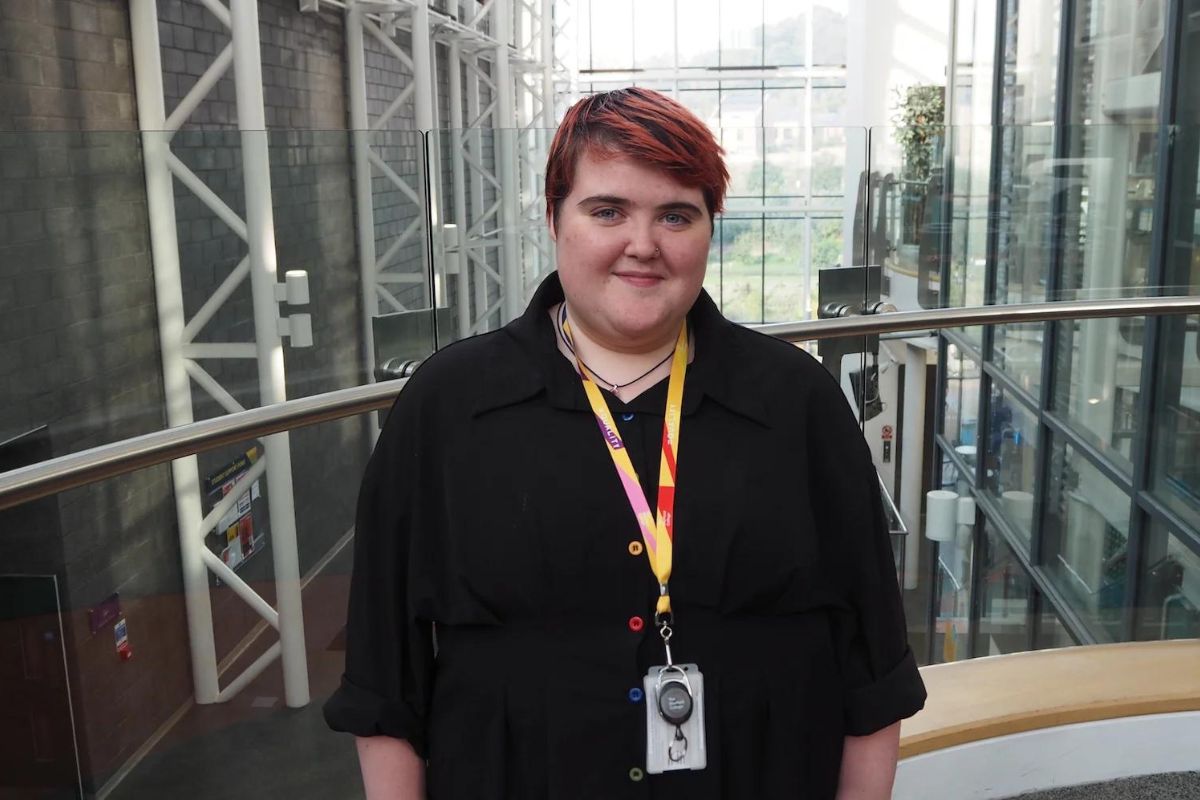Supporting a Student With Dyslexia

With October marking #DyslexiaAwarenessWeek (4th – 10th October 2021), Lisette Kuijt, who holds a Masters in Child and Adolescent Psychology, and is a licensed child psychologist working at the online tutoring platform, GoStudent, shares her insight into what dyslexia is, and how best to support a child with dyslexia.
What is Dyslexia and how can you spot it?
Dyslexia is a specific learning disorder that causes trouble with reading, spelling and writing. Phonological awareness, the ability to match letters and combinations of letters (phonemes) with the sound that they make, is difficult for people with dyslexia. These challenges have nothing to do with overall intelligence.
Dyslexia is one of the most prevalent learning disorders in children – approximately 5-10% of school-going children suffer from it.
Sometimes, it is possible to spot symptoms of dyslexia before a child even starts reading or writing. At a young age, dyslexia manifests itself mostly in speech problems. As a parent, you may notice that your child has some trouble pronouncing longer words, finding the right words to express themselves, or putting sentences together in the right way. Rhymes are likely to be difficult to understand for your child.
When children start going to school, the symptoms of dyslexia become more obvious in their reading and writing. While learning to read, your child may have more problems with learning the names and sounds of letters. Reading out loud and spelling words will be very difficult. While learning to write, your child will make mistakes when writing down the letters – the most common error is confusing the letters b, d, and p. Handwriting in children with dyslexia is usually less developed.
How can you support your child with dyslexia?
Children with dyslexia are more likely to struggle with self-esteem issues. As other children around them are achieving academic success with more ease, your child has to work a lot harder to develop their writing and reading.
When you talk to your child about dyslexia, it is very important that you clarify for them that their struggles have nothing to do with intelligence or other cognitive abilities. Children are often very relieved to know that there is a name for what they are experiencing, and that other children experience the exact same thing!
Your child with dyslexia can experience frustration regarding their symptoms. Reading, writing and even expressing how they feel about that can be very challenging for them. If your child shows this frustration, try to stay calm and understanding. It’s very important that your child feels encouraged and supported at school and at home, so you can keep working on their skills together.
You can also try the multi-sensory learning approach. In this approach, you try to teach a subject with more than just speech and writing. This can involve pictures, diagrams or games. For example, writing words with glitter, clay or toys together. It is important to remember that your child needs more support and positive input, so be sure to celebrate the small victories with them.












Responses